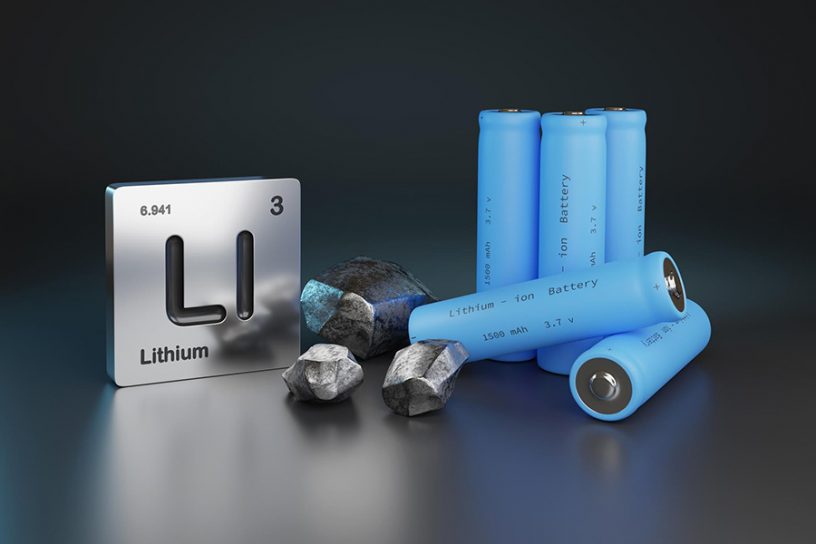
The findings underscore the most profound causal drivers: institutional incentives supporting lithium-ion batteries recycling, availability of reliable technology, and strengthening coordination among actors in a supply chain using Industry 4.0.
Authors
Sachin Kumar Mangla, Full Professor and Director, Research Center for Digital Circular Economy for Sustainable Development Goals (DCE-SDG), Jindal Global Business School, O.P. Jindal Global University, Haryana, India.
Asit Tripathy, Assistant Professor, Jindal Global Business School, O.P. Jindal Global University, Sonipat, Haryana, India.
Atanu Bhuyan, Lecturer, Jindal Global Business School, O.P. Jindal Global University, Sonipat, Haryana, India.
R.K. Padhy, Indian Institute of Management, Sambalpur, Odisha, India.
Roopendra Roopak, Indian Institute of Management, Kashipur, Uttarakhand, India.
Summary
An exponential demand increase for lithium-ion batteries (LIBs) has contributed to a looming waste crisis. Circular economy has been increasingly seen to counter this crisis, further scaled-up by operationalizing Industry 4.0 disruptions around the triple bottom line. As a core pillar of circular economy, this study addresses LIB recycling and explores its key drivers. The drivers are identified and evaluated using Delphi study and multi-criteria decision-making methods.
The proposed integrated methodological framework is further tested with data involving multiple stakeholders. The findings underscore the most profound causal drivers: institutional incentives supporting LIB recycling, availability of reliable technology, and strengthening coordination among actors in a supply chain using Industry 4.0.
Interestingly, the highest-ranking causal drivers of LIB recycling were retrieved not from the existing literature but from the expert pool. The findings also reveal some counterintuitive results, such as practitioners prioritizing environmental factors over economic ones instead of the widespread convention of their preferences toward economic goals. The study thereby offered some helpful policy levers, which when empirically strategized with Industry 4.0 should enable stakeholders make more informed decisions in shaping an emerging industry such as LIB recycling.
Published in: Computers & Industrial Engineering
To read the full article, please click here.


